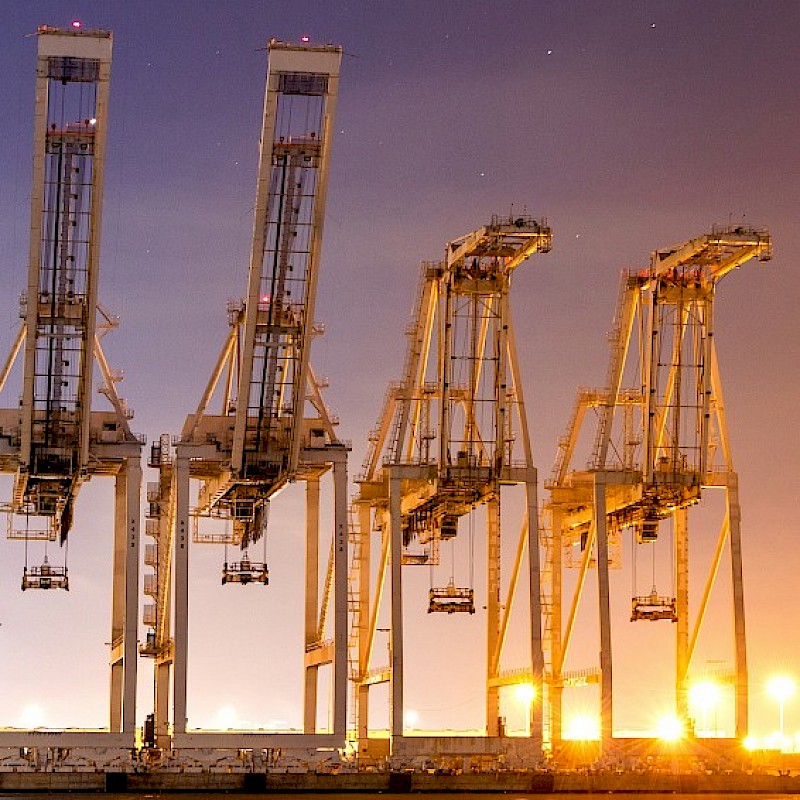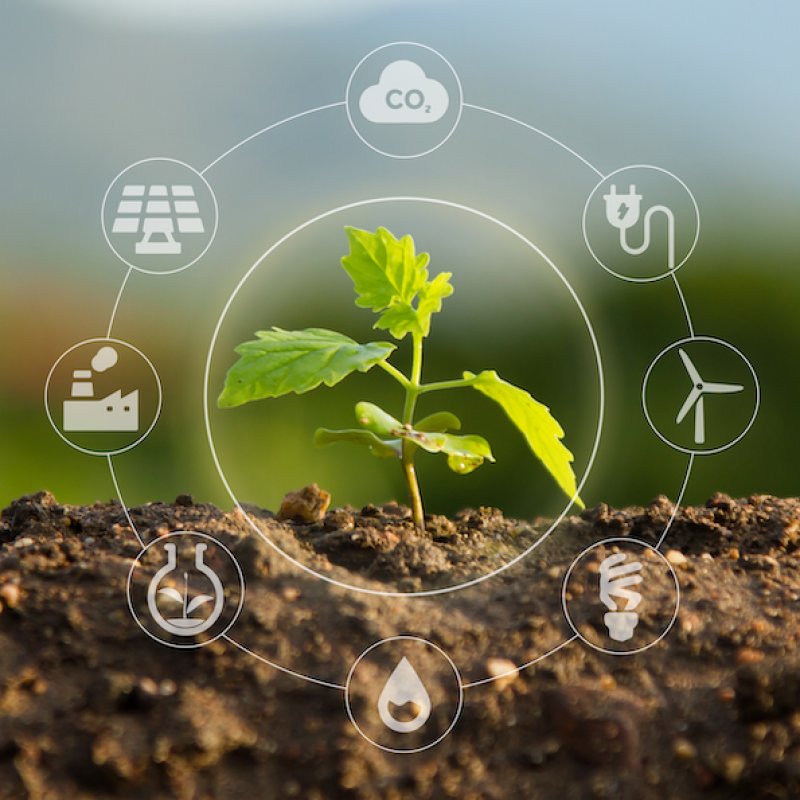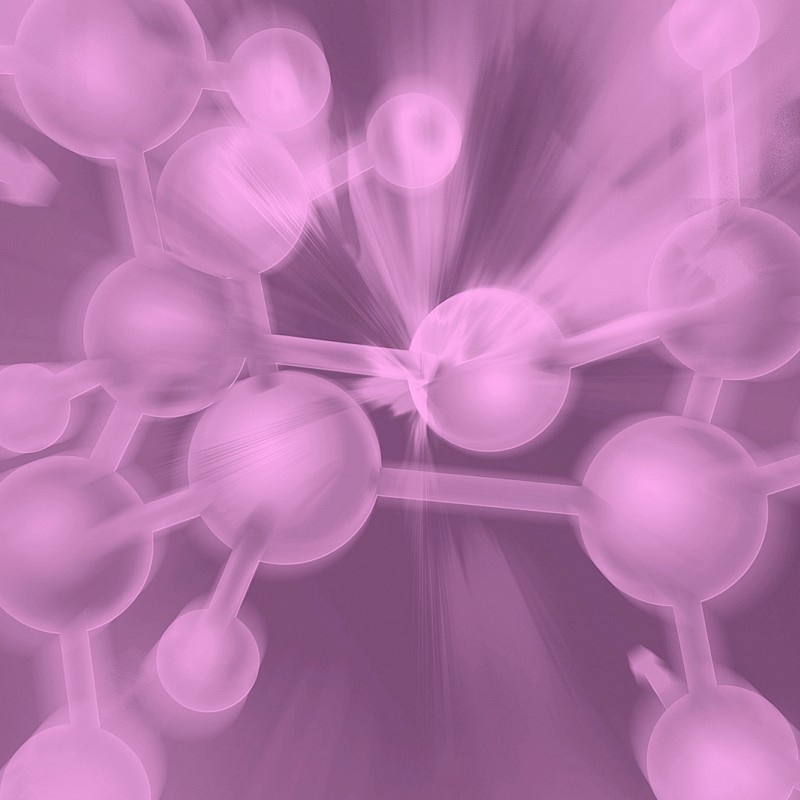Our challenge
Modern society
Society as we know it has been shaped by the development of human-made products. Today, our quality of life depends on many inventions like fertilizers, medicines, fuels, building materials, furniture, clothes, toys that are manufactured through chemical processes. The global quantity of synthetic materials is estimated to exceed that of all living biomass, demonstrating the immense impact that we have had on the face of our planet.



Resources and waste
Many current practices in the manufacture, use and disposal of these everyday products are unsustainable. Examples include the widespread reliance on non-renewable fossil-based resources for chemical manufacture, the large amounts of waste often generated, the lack of efficient routes for recycling products at the end of their life. A growing and aging population with increasing demands for food, energy, and healthcare, only add to the environmental pressure.

Sustainable chemistry
A sustainable society must operate within planetary boundaries, exploiting renewable materials and energy to produce the wide range of goods we rely on, while preventing waste generation, as well as lessening the damaging effects that have already occured. Key renewable feedstocks include carbon dioxide, water, nitrogen, or non-edible biomass. However, the selective transformation of these feedstocks into bulk and fine chemicals is challenging and often energy intensive.



Catalytic process design
Catalysts, which are substances that improve the efficiency of chemical reactions, underpin the modern chemical industry, and the development of catalytic technologies is central to current concepts towards sustainability. However, researchers still struggle to make catalysts for renewable feedstocks whose performance is competitive to those optimized for fossil feedstocks. To transition to a carbon-neutral society within the next decades, we need to develop a new generation of catalysts and processes.
